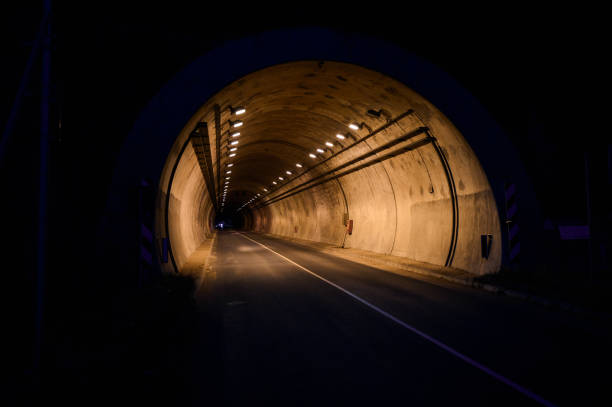Cost and Feasibility Concerns Stall Singhpora-Vailoo and Sudhmahadev-Dranga Projects
New Delhi, 13 April 2025: A Setback for Infrastructure Development in J&K
The Public Investment Board (PIB), headed by the Expenditure Secretary, has turned down the Ministry of Road Transport and Highways’ proposal to construct two key tunnels in Jammu and Kashmir: the Singhpora-Vailoo and Sudhmahadev-Dranga tunnels. These projects, part of the Anantnag-Chenani corridor, were intended to enhance connectivity in the region but have faced multiple hurdles, including cost concerns and feasibility issues.
Reasons for Rejection
- High Costs:
- The combined cost of the two tunnels was estimated at ₹8,900 crore, which the PIB deemed excessive.
- Existing Connectivity:
- The board noted that there are already good-quality roads connecting the origin and destination points, reducing the necessity for these tunnels.
- Non-Strategic Classification:
- Despite claims by the National Highway and Infrastructure Development Corporation Ltd (NHIDCL) that the tunnels were of strategic importance, the PIB found no evidence to classify them as such under the Ministry of Defence.
- Lack of Traffic Data:
- The NHIDCL failed to provide adequate traffic details for the existing and proposed routes, further weakening the case for the tunnels.
Background and Challenges
The Singhpora-Vailoo tunnel project had already faced setbacks last year when the Home Ministry denied clearance to a foreign contractor who had submitted the lowest bid. This led to the termination of the tendering process. The Sudhmahadev-Dranga tunnel, meanwhile, was expected to significantly reduce travel time and improve all-weather connectivity but has now been shelved indefinitely.
Implications
The rejection of these projects raises questions about the prioritization of infrastructure development in Jammu and Kashmir. While the region has seen significant investments under the Bharatmala project, the decision to halt these tunnels highlights the challenges of balancing costs with strategic and developmental needs.
Looking Ahead
With the PIB’s decision, the future of these projects remains uncertain. The Ministry of Road Transport and Highways may need to revisit its proposals, address the concerns raised, and explore alternative solutions to improve connectivity in Jammu and Kashmir.



